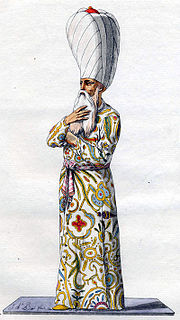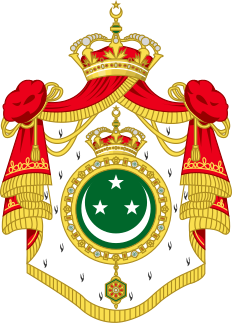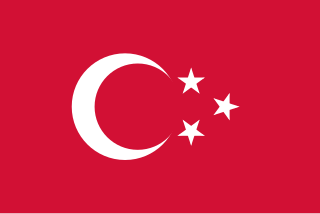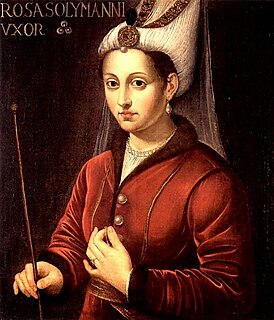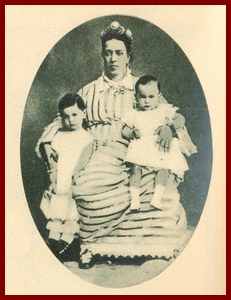This article does not cite any sources .(July 2016) (Learn how and when to remove this template message) |
| Nur Felek Kadinefendi | |
|---|---|
| Kadin of Egypt | |
| First Kadin of Egypt | |
| Tenure | 19 January 1863 – 26 June 1879 |
| Mother Sultana of Egypt | |
| Tenure | 19 December 1914 - 15 August 1916 |
| Born | Tatiana c.1837 Greece |
| Died | 15 August 1916 Mamure Sarayi, Alexandria , Egypt |
| Burial | Imam-i Şafii mosque |
| Spouse | Isma'il Pasha |
| Issue | Hussein Kamel of Egypt |
| Religion | Greek Orthodoxy at birth,converted to Islam after her capture |
Nur Felek Kadinefendi (1863-1914), was the first consort of Isma'il Pasha of Egypt. She was born in Greece in 1837. Her maiden name was Tatiana.

Isma'il Pasha, known as Ismail the Magnificent, was the Khedive of Egypt and Sudan from 1863 to 1879, when he was removed at the behest of the United Kingdom of Great Britain and Ireland. Sharing the ambitious outlook of his grandfather, Muhammad Ali Pasha, he greatly modernized Egypt and Sudan during his reign, investing heavily in industrial and economic development, urbanisation, and the expansion of the country's boundaries in Africa.

Egypt, officially the Arab Republic of Egypt, is a country spanning the northeast corner of Africa and southwest corner of Asia by a land bridge formed by the Sinai Peninsula. Egypt is a Mediterranean country bordered by the Gaza Strip and Israel to the northeast, the Gulf of Aqaba and the Red Sea to the east, Sudan to the south, and Libya to the west. Across the Gulf of Aqaba lies Jordan, across the Red Sea lies Saudi Arabia, and across the Mediterranean lie Greece, Turkey and Cyprus, although none share a land border with Egypt.

Greece, officially the Hellenic Republic, also known as Hellas, is a country located in Southern and Southeast Europe, with a population of approximately 11 million as of 2016. Athens is the nation's capital and largest city, followed by Thessaloniki.
At a young age, she was captured during one the raids and sold into slavery. She was delivered as a concubine to the harem of Sa'id,the Wāli of Egypt in 1852. However, Isma'il Pasha, then not yet the Khedive of Egypt, took Tatiana as a concubine for him. She gave birth to Prince Hussein Kamel Pasha in 1853. She later converted to Islam and her name was changed to Nur Felek. When Isma'il Pasha ascended the throne in 1863, she was elevated to the rank of first Kadinefendi, literally meaning first consort, or wife. Nur Felek had a high status in the imperial palace, since she was the mother of Isma'il's second eldest son. Isma'il's eldest son was Tewfik Pasha, son of the Turkish concubine Shafaq Nur Hanimefendi.

Harem, also known as zenana in the Indian subcontinent, properly refers to domestic spaces that are reserved for the women of the house in a Muslim family. This private space has been traditionally understood as serving the purposes of maintaining the modesty, privilege, and protection of women. A harem may house a man's wife — or wives and concubines, as in royal harems of the past — their pre-pubescent male children, unmarried daughters, female domestic workers, and other unmarried female relatives. In former times some harems were guarded by eunuchs who were allowed inside. The structure of the harem and the extent of monogamy or polygamy has varied depending on the family's personalities, socio-economic status, and local customs. Similar institutions have been common in other Mediterranean and Middle Eastern civilizations, especially among royal and upper-class families, and the term is sometimes used in other contexts.

Wāli or vali is an administrative title that was used during the Caliphate and Ottoman Empire to designate governors of administrative divisions. It is still in use in some countries influenced by Arab or Muslim culture. The division that a Wāli governs is called Wilayah, or, in the case of Ottoman Turkey, "Vilayet".
Islam is an Abrahamic monotheistic religion teaching that there is only one God, and that Muhammad is the messenger of God. It is the world's second-largest religion with over 1.8 billion followers or 24% of the world's population, most commonly known as Muslims. Muslims make up a majority of the population in 50 countries. Islam teaches that God is merciful, all-powerful, and unique, and has guided humankind through prophets, revealed scriptures and natural signs. The primary scriptures of Islam are the Quran, viewed by Muslims as the verbatim word of God, and the teachings and normative examples of Muhammad.
After the removal of Abbas II, her son Hussein Kamel became Sultan of Egypt and she became the mother Sultana, a title equivalent to Queen mother and Valide Sultan, a rank higher than the Walida Pasha, the title held by mothers of reigning Khedives like Hoshiar Kadinefendi, mother of Isma'il Pasha and Emina Ilhamy, mother of Abbas II.
Abbas II Helmy Bey was the last Khedive of Egypt and Sudan, ruling from 8 January 1892 to 19 December 1914. In 1914, after the Ottoman Empire joined the Central Powers in World War I, the nationalist Khedive was removed by the British, then ruling Egypt, in favor of his more pro-British uncle, Hussein Kamel, marking the de jure end of Egypt's four-century era as a province of the Ottoman Empire, which had begun in 1517.
A queen mother is a dowager queen who is the mother of the reigning monarch. The term has been used in English since at least 1560. It arises in hereditary monarchies in Europe and is also used to describe a number of similar yet distinct monarchical concepts in non-European cultures around the world.
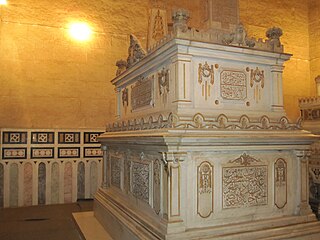
Hoshiar Kadinefendi was a consort to Ibrahim Pasha and was Walida Pasha to their son Isma'il Pasha. She was the younger sister of Pertevniyal Sultan, the Valide Sultan, or Queen mother, to Ottoman Sultan Abdülaziz I, and Abdülaziz's aunt.
